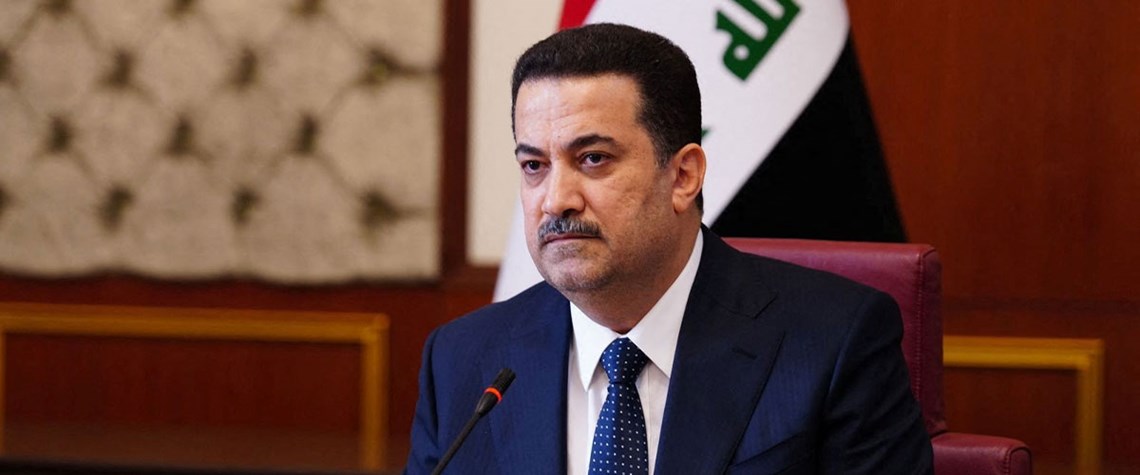Government formation promises relief from Iraq’s upstream stasis
The new administration’s close ties to Tehran could mould its stance towards potential IOC investors
Iraq’s oil sector has been frozen since elections last year, paralysed by the caretaker government’s constitutional inability to make major policy and spending decisions. While rival Mideast Gulf producers and their foreign partners have spent their oil price windfalls on turbocharging upstream development, Baghdad is lagging, even though it is set to end the year with its coffers at their plumpest for nearly 20 years. As a result, the belated appointment of a new government in late October was greeted by the country’s IOC investors with a general sigh of relief. But the sentiment was largely detached from the character of the administration, moulded as it is by a tactical victory after year

Also in this section
26 July 2024
Oil majors play it safe amid unfavourable terms in latest oil and gas licensing bid rounds allowing Chinese low-ball moves
25 July 2024
Despite huge efforts by India’s government to accelerate crude production, India’s dependency shows no sign of easing
24 July 2024
Diesel and jet fuel supplies face a timebomb in just four years, and even gasoline may not be immune
23 July 2024
Rosneft’s Arctic megaproject is happening despite sanctions, a lack of foreign investment and OPEC+ restrictions. But it will take a long time for its colossal potential to be realised







